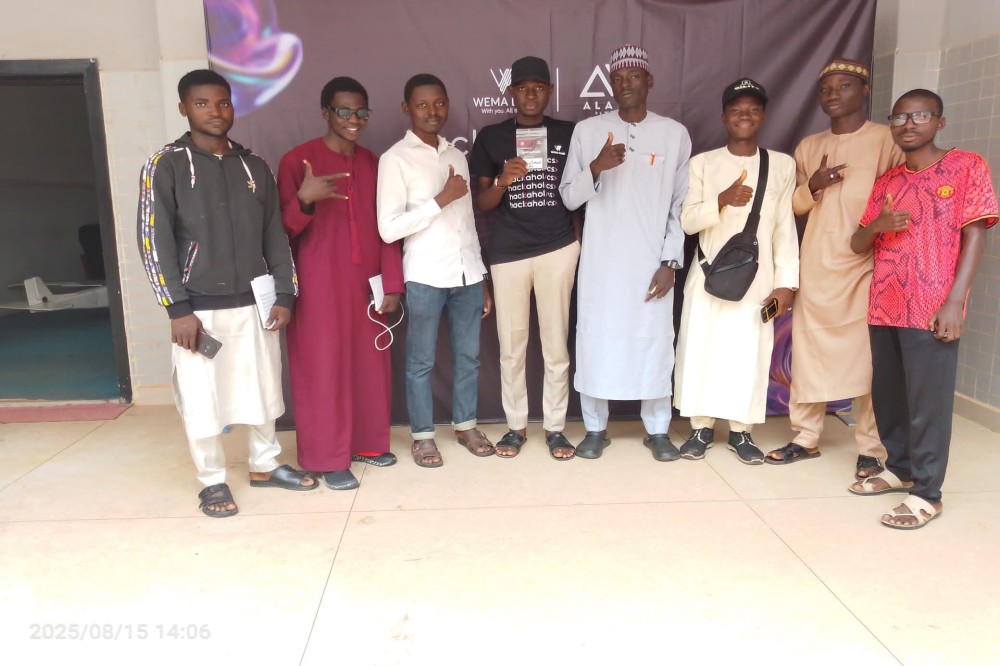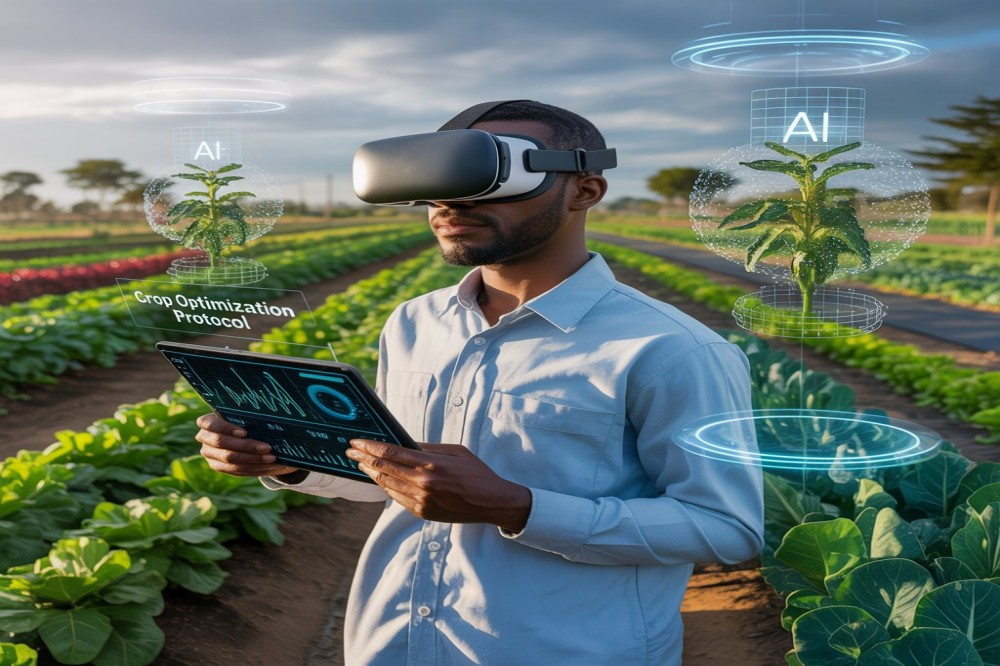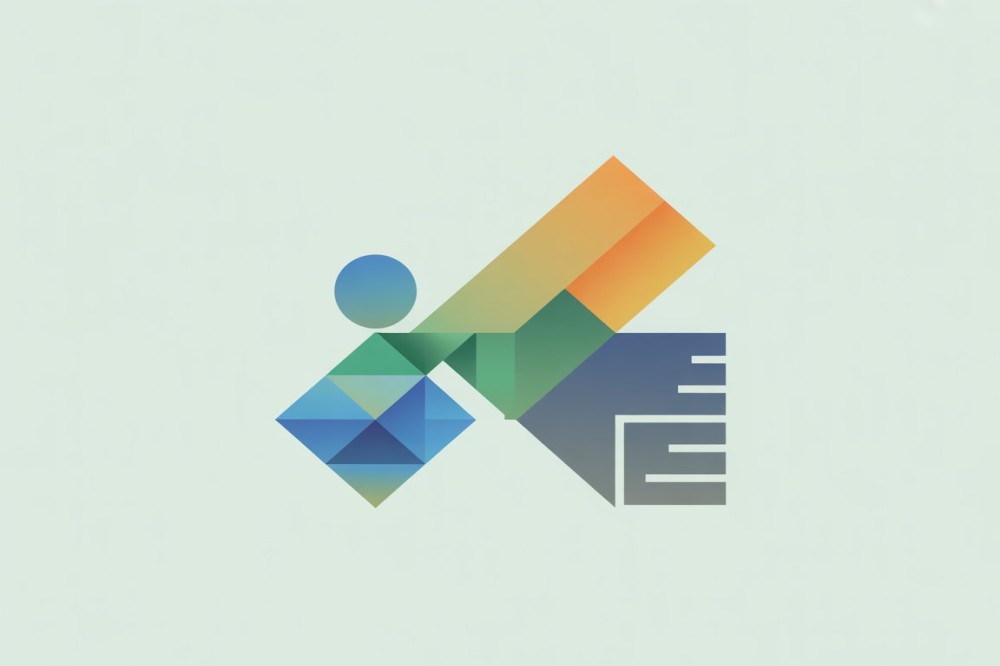
- Oct 2020, 03:57 AM
Digital Education Tools That Are Changing Learning in Nigeria
Empowering Students and Teachers Through Technology
The Nigerian education sector is undergoing a remarkable transformation with the adoption of digital tools. From primary schools to universities, technology is helping to bridge gaps in access, improve learning outcomes, and make education more engaging for students.
One of the key innovations is the use of e-learning platforms. Platforms like uLesson, Tuteria, and Andela Learning are providing students with access to quality lessons, tutorials, and interactive courses. These platforms allow learners to study at their own pace, explore new topics, and gain skills that are relevant in today’s digital economy.
Virtual classrooms are also changing the way teachers deliver education. With tools like Zoom, Microsoft Teams, and Google Classroom, educators can conduct live lessons, share resources, and interact with students remotely. This is particularly important in areas where access to physical schools is limited.
Additionally, AI-powered learning tools are making education more personalized. These tools analyze student performance, identify areas for improvement, and provide customized learning paths. This ensures that every student receives the support they need to succeed.
Mobile learning is another powerful trend. With the widespread use of smartphones in Nigeria, mobile apps are making it possible for students to access educational content anytime, anywhere. This flexibility supports continuous learning and helps close the digital divide.
In conclusion, digital education tools are revolutionizing learning in Nigeria. By combining technology with innovative teaching methods, students and teachers are better equipped to navigate the challenges of modern education, creating a more inclusive and effective learning environment.




